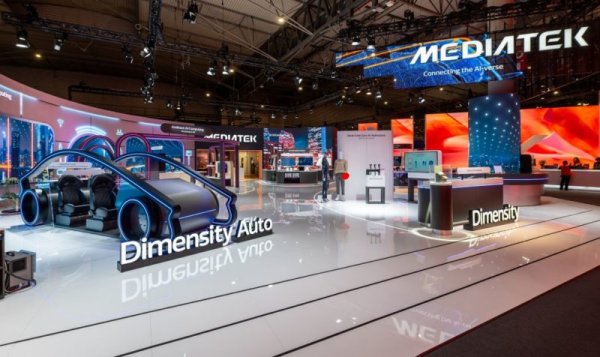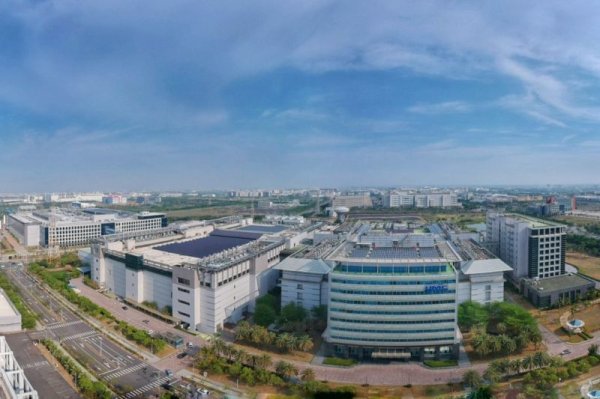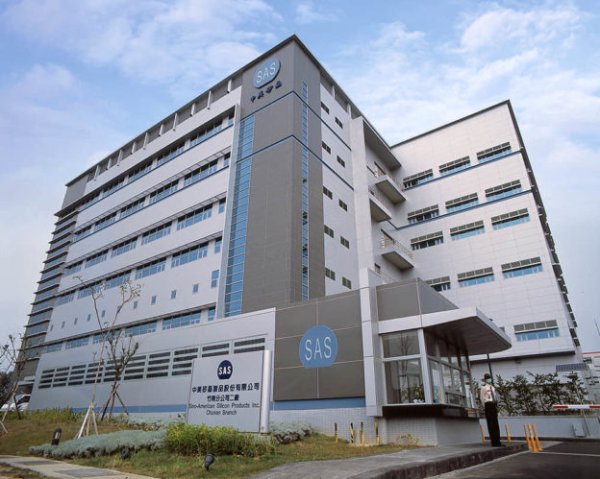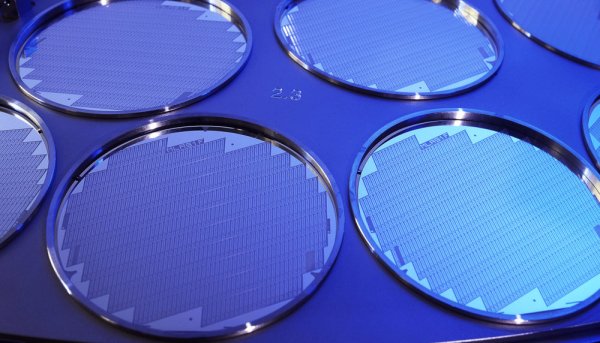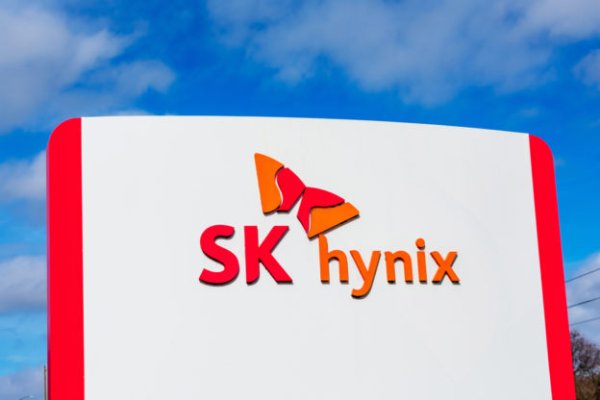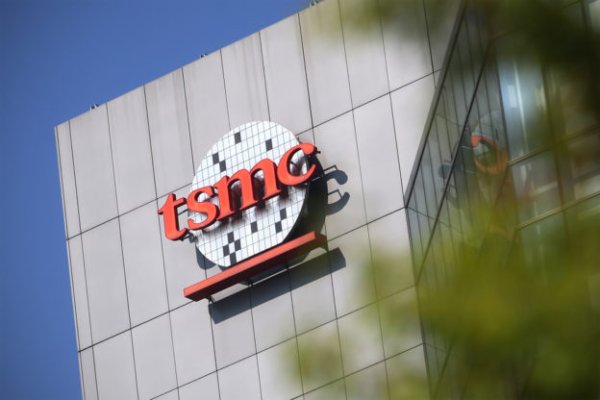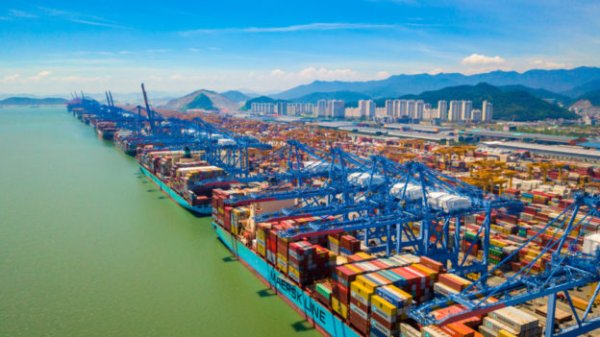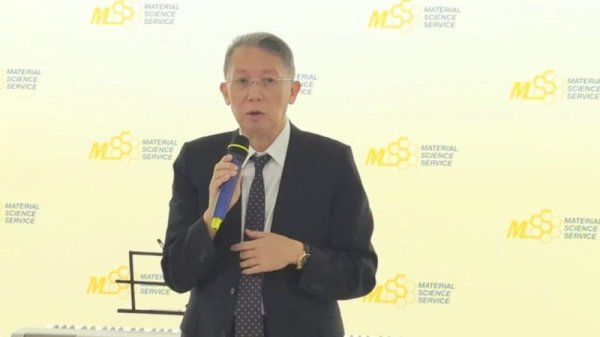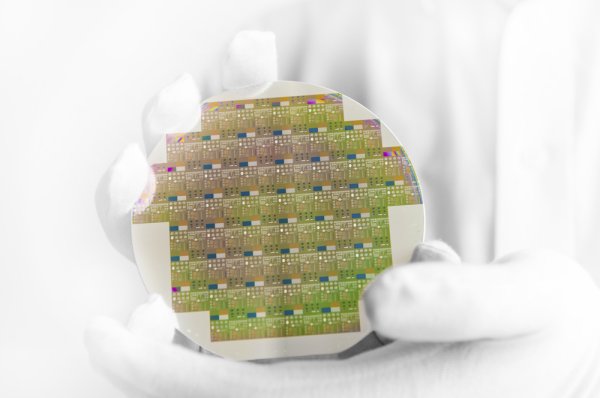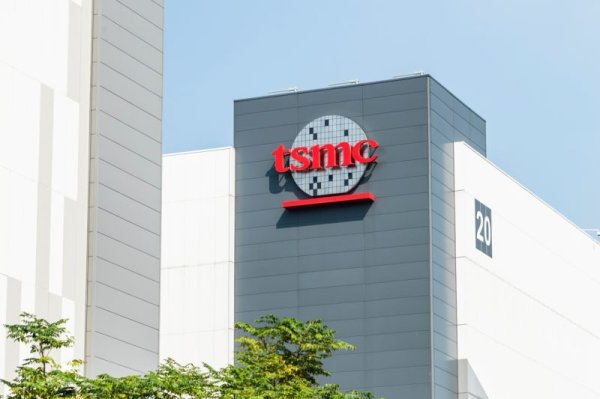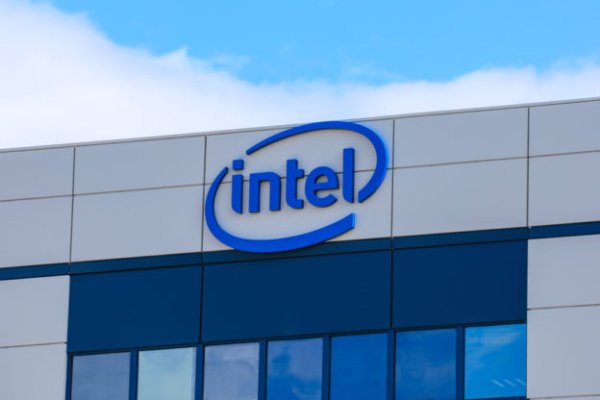Trump s tax hinders revenue and profit performance in the fourth quarter, hitting Estimate stocks fell nearly 14% after hitting Estimate stocks
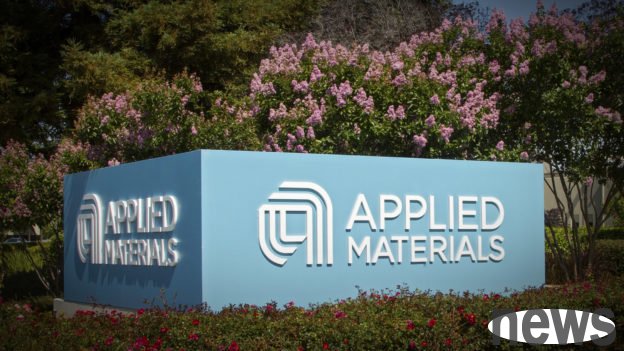
Applied Materials, a large semiconductor manufacturer of semiconductor equipment, fell nearly 14% after the 15th, mainly because the company's financial results for the quarter were far lower than market expectations. Executive Gary Dickerson said the current large-environmental economic and policy environment is bringing more uncertainty and lower visibility. Among them, the company's Chinese business is particularly affected by this inconclusiveness.
According to CNBC's reports, previous application materials indicate that the performance of the third quarter financial report exceeded analyst expectations, with an adjusted EPS of $2.48, up from the previous estimate of $2.36. The investment amounted to US$7.3 billion, which was higher than the estimated US$7.22 billion. Its most important department, the sales amount of semiconductor systems, reached US$5.43 billion, an increase of 10% from the same period of the previous year, surpassing expectations. The net profit was $1.78 billion, and EPS came to $2.22, better than the figures of $1.71 billion and $2.05 in the same period of the previous year.
However, the outlook for the fourth quarter of the season was weak. Applied Materials is expected to have an EPS of $2.11 after adjustment in the fourth quarter, far below the market estimate of $2.39. The amount of capital collection is expected to be $6.7 billion, which is also lower than the estimated $7.34 billion. The company's financial manager said that the decline in revenue in the fourth quarter will be driven by the digestion of Chinese production capacity and the non-line demand from leading customers. He further pointed out that the downturn in China's business is expected to last for several quarters.
In addition to market demand factors, the US government's policies also challenge the application materials operation structure. The Trump administration's tax policy could double the price of imported chips unless the purchaser promises to build a factory in the United States. Application materials mainly provide chip manufacturing tools for circular foundry factories, and most of the chip manufacturing is currently mainly in Asia. In response, the application materials said it pressured a large number of export permit applications submitted to the U.S. government, but expected none of these applications would be allowed in the next quarter.
Despite the current challenges, application materials have recently gained great attention from the US government. Earlier this month, application materials were valued for being included in plans previously prepared to invest more chip manufacturing in the United States under President Trump. Apple has said it will cooperate with Applied Materials to produce more semiconductor chips in Austin, Texas. However, these extreme developments are in sharp contrast to the uncertainties of current operations.


